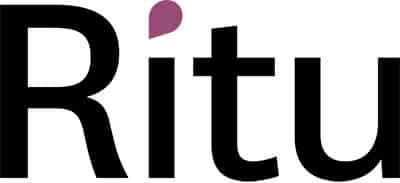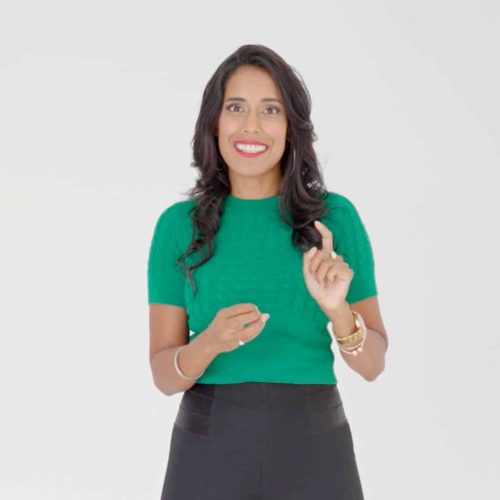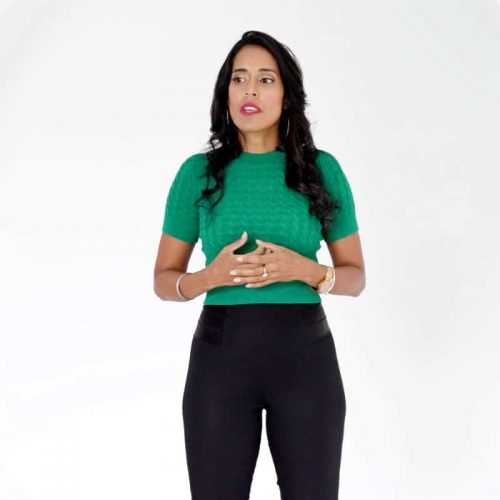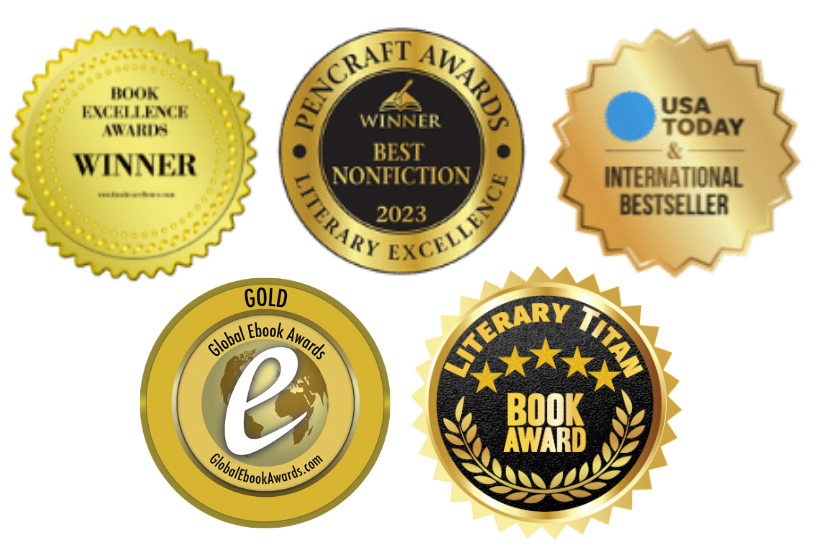
We’ve all found ourselves in a situation where the behavior of someone in our lives makes us feel bad about who we are. But for some of us, this rotten behavior isn’t a one-off — it’s a pattern of behavior that feels really toxic. Whether it’s a family member, friend, or co-worker, we regularly walk away from our interactions with the person feeling depleted and unworthy. It feels just awful.
As an advocate for authentic living, I’m constantly exploring the barriers that get in the way of us being who we are. Lately I’ve been giving a lot of thought to the adverse impact that toxic relationships have on our ability to be authentic and here’s what I can tell you: being part of a toxic relationship — one that makes us feel extremely bad about who we are — can push us into a place of performing, where we end up changing or masking aspects of our identity in order to gain acceptance, affection, love, and more.
Ultimately, we may end up feeling unsafe in our relationships to share openly and be who we are. This is another important reason for why you want to examine if you have toxic dynamics in your life.
How to Tell If a Relationship is Toxic
One of the most effective ways to tell if a relationship is toxic and is stifling your authenticity is to use your body as a guidepost. Your body is one of the most powerful weapons you have in your arsenal to combat toxic experiences, because it will signal to you whether being around a particular person is causing you to feel unsafe, unwell, upset, and more.
When I say use your body as a guidepost, I’m talking about leveraging mindfulness to tune into what you’re feeling and sensing in your body when you’re interacting with people in your life. It’s like taking a snapshot of your emotions and body sensations in any given moment so that you can measure to what extent you feel safe, comfortable, settled, and able to be your Authentic Self.
With some practice, you’ll start to see that your body will tell you which of your relationships feel loving and safe and enable you to be yourself (whatever that feels like for you. For example, like flying, warm flutters through the heart and chest area, a joyous buzz throughout the body) — what I like to call “cloud relationships”— and which of your relationships cause you to feel negative sensations and to push you to perform (for example, nausea, heaviness in the chest, tingling at the back of the neck, muscle tightness, sweating, irritated digestive system, and more).
For example, when I find myself in a toxic dynamic, I physically recoil at the thought of being in that person’s company. I will feel anxiety pounding in my chest, and a strong desire to leave the room will pulse through me (the “flight” of fight, flight, or freeze — aka nervous system activation).
On the other hand, when I’m around people I adore and whose energy enables me to feel safe enough to be supremely vulnerable, I feel like a warm, mushy marshmallow, melting in the warmth of love and acceptance.
Once you’ve learned how to clock these sensations in your body and have taken some time to note them, you’ll likely see patterns. If you’re feeling bad and pushed to perform regularly with certain people, it’s probably time to act.
Breaking Up with Toxic People
When I was in my late twenties and early thirties, my “crew” was a group of friends that I’d made in university. Over the years, we partied and had fun together non-stop across a range of experiences, and we had some very special moments together. But eventually I started to notice that it was feeling harder and harder for me to be myself in their company and I felt like I was being judged for who I was.
For example, while we were hanging out, my passion for social justice issues would naturally come up in conversation (for example, becoming enraged and starting to rant when racist bouncers wouldn’t let us into a club because of our skin color), and I would vent about racism and White supremacy. In response, some of my then-friends would roll their eyes and make comments like, “She’s so radical,” or they would groan and say, “There she goes again,” and more.
As these moments became more frequent, and I felt less like I could be my Authentic Self with my friends, I knew I had to do something. It was around this time that I went to do my yoga teacher training at an ashram in India, which led me to start a new chapter of my life. I promised myself that I would rid my life of experiences and relationships that caused me to feel bad about who I was.
As part of this commitment, I deeply struggled with what to do about this friend group. I was very afraid of letting go of this group because I worried that I’d end up sitting at home on weekends feeling like a “loser.” But I had to be true to how I was feeling, so I made the super gutsy decision to break up with them. This meant having some tough, awkward conversations letting people know why I was no longer going to spend time with them.
As you can imagine, it was really hard letting go of my old social life. But as I began to build new friendships with people who valued me for my Authentic Self, I knew it was the right choice. And of course, my fears of becoming a “loser” were unfounded. In fact, clearing time and space in my life made room to build new relationships with people who loved my feisty, activist ways.
Through this experience I learned that sometimes letting go of relationships is critical to living a healthier life.
Drawing Boundaries in Toxic Relationships
With family and co-workers, breaking up is not always an option. In these cases, the healthiest thing to do to protect yourself and stay true to your authenticity is to draw boundaries. When doing so, the key is to determine what you will and won’t do with this person in order to feel safe.
Here are a few key strategies that I have found to be very helpful in drawing boundaries in relationships that feel toxic when ending the relationship isn’t a realistic option:
- Limit the length and frequency of your conversations
- Steer clear of certain topics
- Hang out in group settings where you have other people present to act as buffers
- Meet them on neutral territory (not in their home or yours)
In drawing boundaries, you’ll find that you’re better able to look out for your own best interests while maintaining a more limited level of contact with the person who is making you feel threatened. There could still be difficult moments within these relationships (as there are in any relationship), but by setting boundaries you’ll feel more empowered in your interactions and less drained than before.
Managing toxic relationships is hard work, and sheesh, does it take guts! But for me, drawing boundaries and ending toxic friendships has made room for more meaningful relationships that make me feel connected, valued, and loved for who I am.
I can tell you that taking the time to rid yourself of toxic relationships will make you healthier, happier, and better able to be yourself.
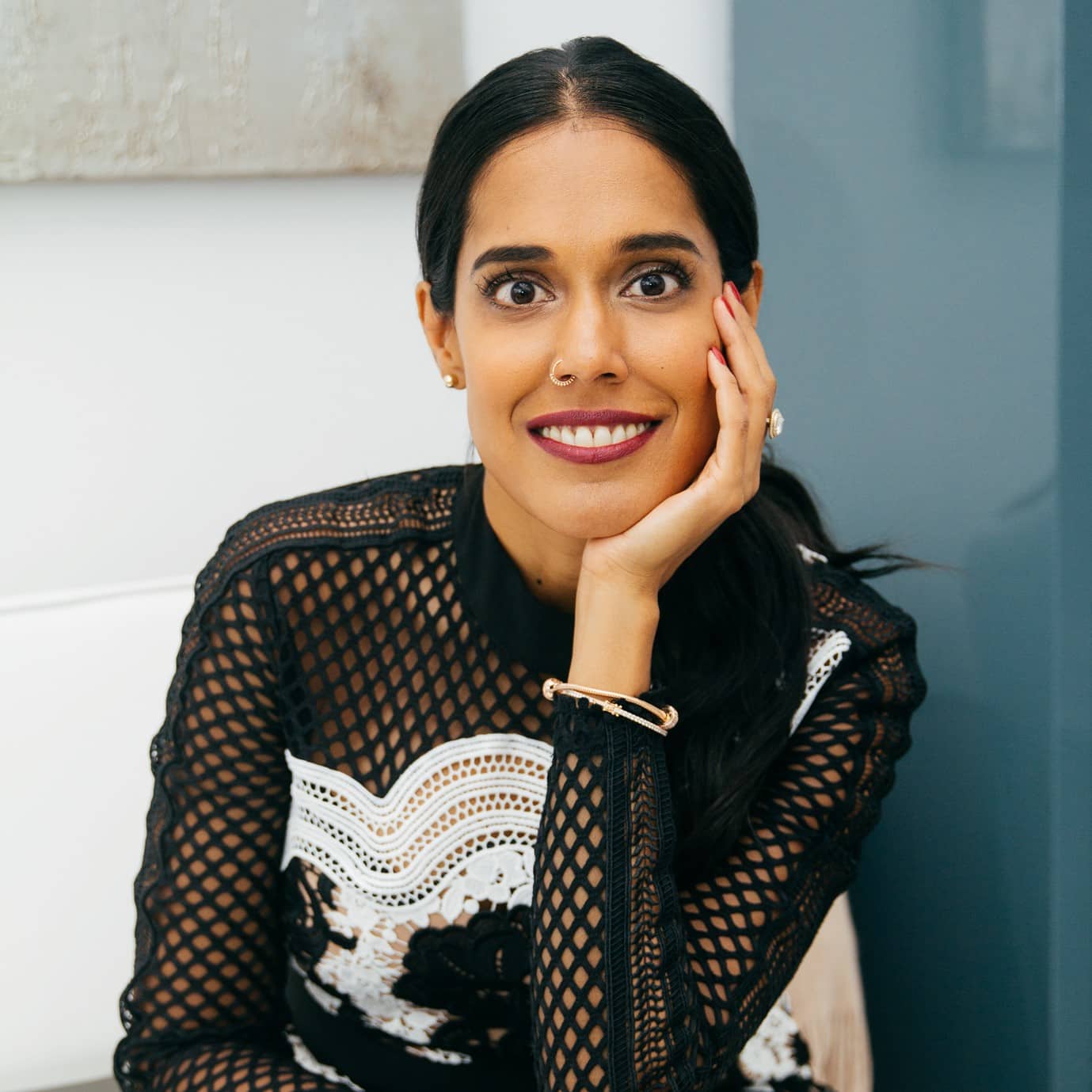
I'm Ritu.
I’m an award-winning life coach, empowerment speaker, author, and inclusion expert dedicated to helping you live your best life.

Join MY COMMUNITY
Sign up for my mailing list to get free inspiration and tools straight to your inbox!
Top Posts
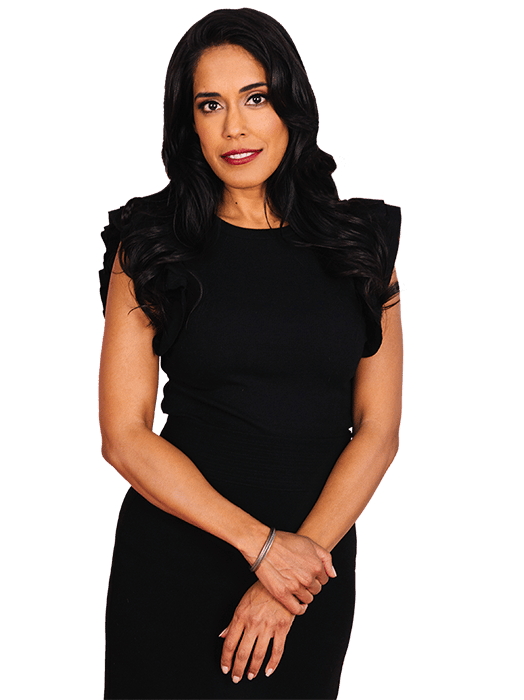
Dig deep into your journey to belong.
Be the first to learn about my authenticity and empowerment goodies and get them straight to your inbox.
